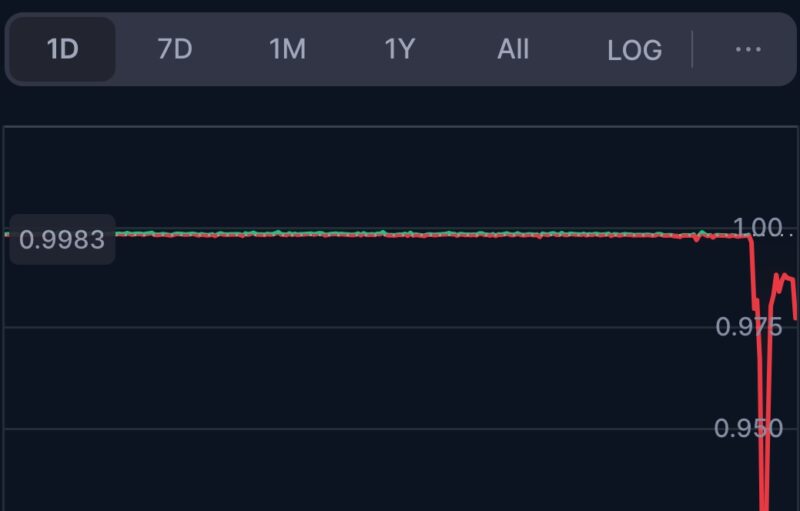The decentralized finance (DeFi) ecosystem saw its fast bloom in the summer and autumn of 2020, with projects like Uniswap, Sushiswap, and Aave putting immense stress on the Ethereum blockchain, as these projects use it as a base for their operations.
Nowadays, with the introduction of Binance’s Smart Chain and its capabilities, the world of decentralized finance saw a new trend arising – self-burning automatic liquidity pool protocols like SafeComet.
SafeComet is a BSC-powered automatic liquidity pool protocol designed to alleviate some of the problems with current DeFi protocols through the introduction of their reflect mechanism, enabling fairer reward allocation and retention of token holders.
Static staking rewards mean that the amount of SafeComet tokens distributed to holders would only depend on their current toking holdings, eliminating APY averaging. The team behind SafeComet believes that new investors are being sucked into the high-APY liquidity pool farming trap due as they are being pushed out by earlier adopters with higher staking rewards.
Another misconception with current DeFi liquidity providers is that their protocol’s native token almost always goes parabolic, with a solid bubble-like stage, quickly followed by a price burst, which causes a high degree of volatility.
By introducing a 5% static reward fee, the mechanism behind SafeComet’s rewards system encourages holders to hang onto their tokens to garner higher kickbacks. Those kickbacks are based upon a percentage carried out and dependent upon the total tokens held by the owner, meaning that the higher the staked amount, the more significant the reward will be.
SafeComet also utilizes manual burn mechanisms, which bolster community engagement. By deploying and marketing burning events, SafeComet grants rewards for the long-term holders. To further make its token price attractive, SafeComet already performed an 89.3% token burn. From a total supply of one quadrillion SafeComet tokens, 893,003,908,522,412.45 are already locked into a dead address, which emphasizes the scarcity effect of the token.
The main feature of the protocol, however, is the Automatic Liquidity Pool. The tool acts as a two-fold beneficial implementation for holders. The mechanism includes taking SafeComet tokens from both buyers and sellers and creates a solid price floor. After that, a penalty mechanism which acts as an arbitrage resistance mechanism that secures the volume of SAFECOMET as a reward to holders. The idea behind the automatic liquidity pool is to minimize volatility when large-scale investors join the protocol, which is observed in current DeFi projects.
SafeComet’s fee for any given transaction is fixed at 10%, with 5% going directly to token holders, while the rest of the 5% is split evenly between Binance Coin (BNB) buying and pairing SafeComet tokens to BNB on PancakeSwap.
The team behind SafeComet completed most of its research and development in 2021. In just under six months, the platform managed to get itself listed on some of the biggest exchanges and data aggregators like PancakeSwap, CoinGecko, and CoinMarketCap. Listing on other exchanges would continue as a progression into the roadmap is being made over time.
The post appeared first on Coinpedia







